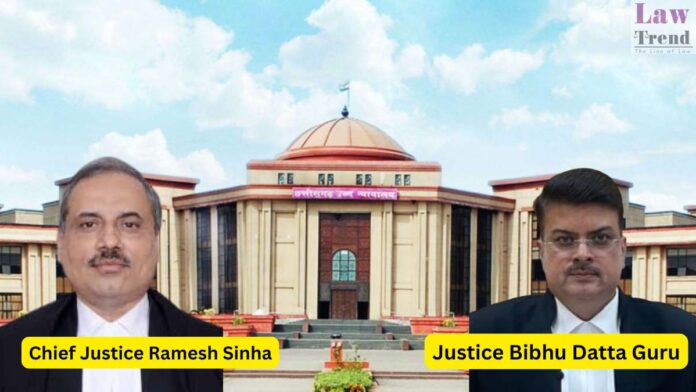The High Court of Chhattisgarh, in a significant ruling, has dismissed a criminal appeal for bail filed by a man accused of involvement in a fatal IED blast targeting security personnel. A Division Bench comprising Chief Justice Ramesh Sinha and Justice Bibhu Datta Guru upheld the order of the Special/Sessions Judge, Raipur, finding that the
To Read More Please Subscribe to VIP Membership for Unlimited Access to All the Articles, Download Available Copies of Judgments/Order, Acess to Central/State Bare Acts, Advertisement Free Content, Access to More than 4000 Legal Drafts( Readymade Editable Formats of Suits, Petitions, Writs, Legal Notices, Divorce Petitions, 138 Notices, Bail Applications etc.) in Hindi and English.




